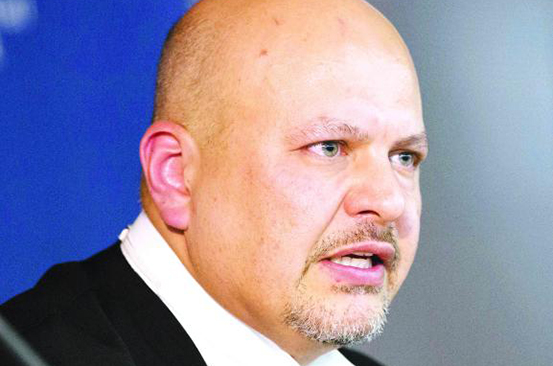×
The Standard e-Paper
Join Thousands Daily

Deputy President William Ruto fought off the introduction of prior recorded statements in the case against him at The Hague-based International Criminal Court (ICC).
His lawyer, Karim Khan, accused ICC Chief Prosecutor Fatou Bensouda of losing focus in the case.